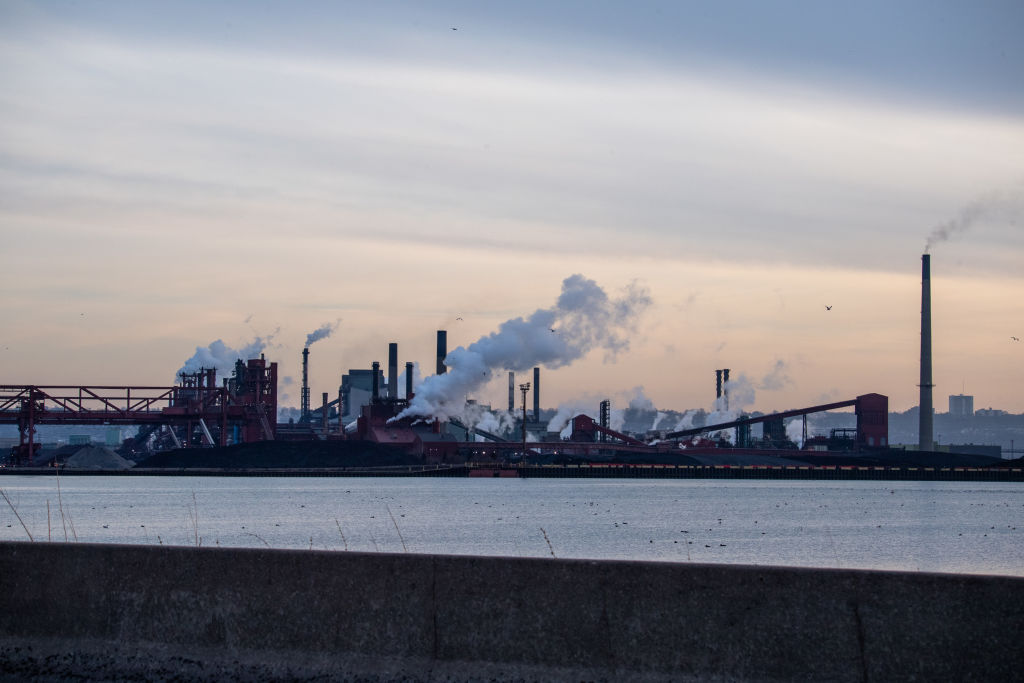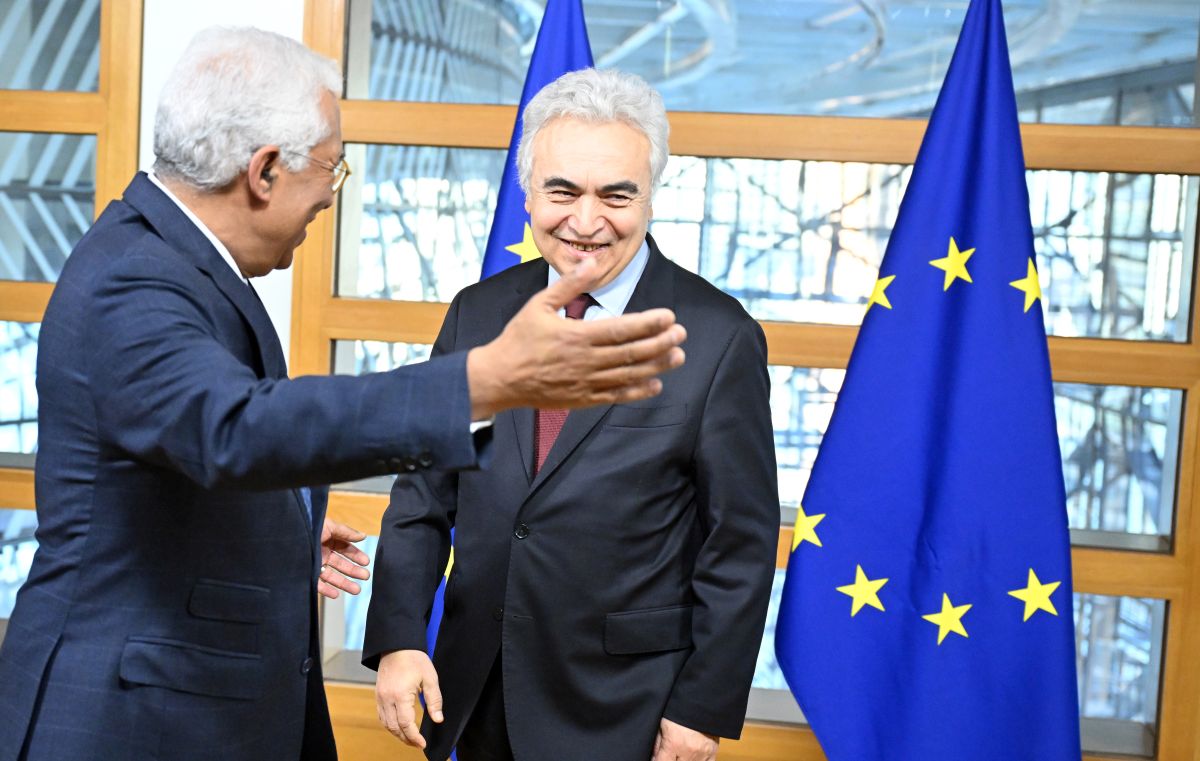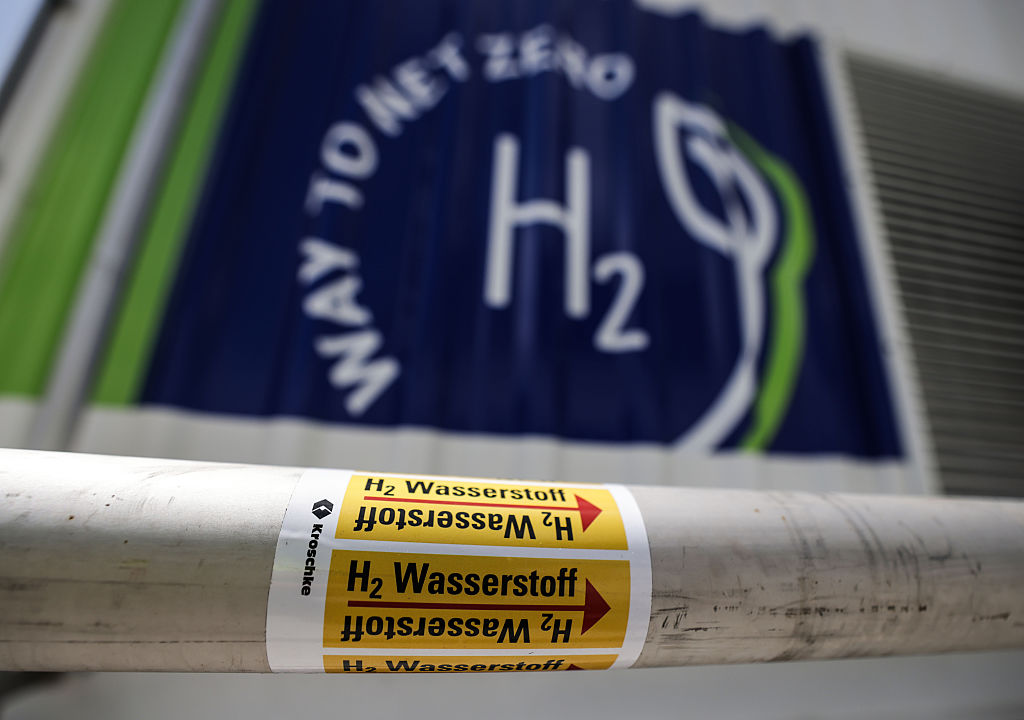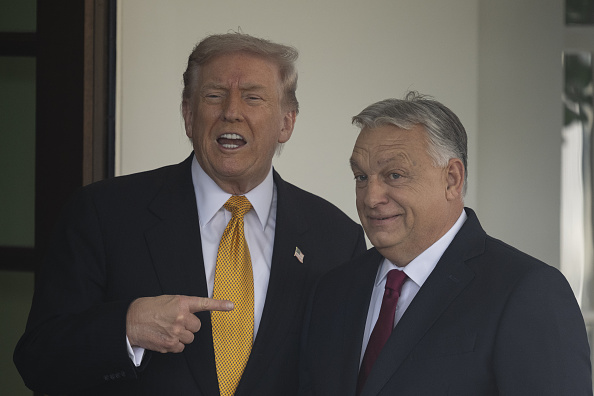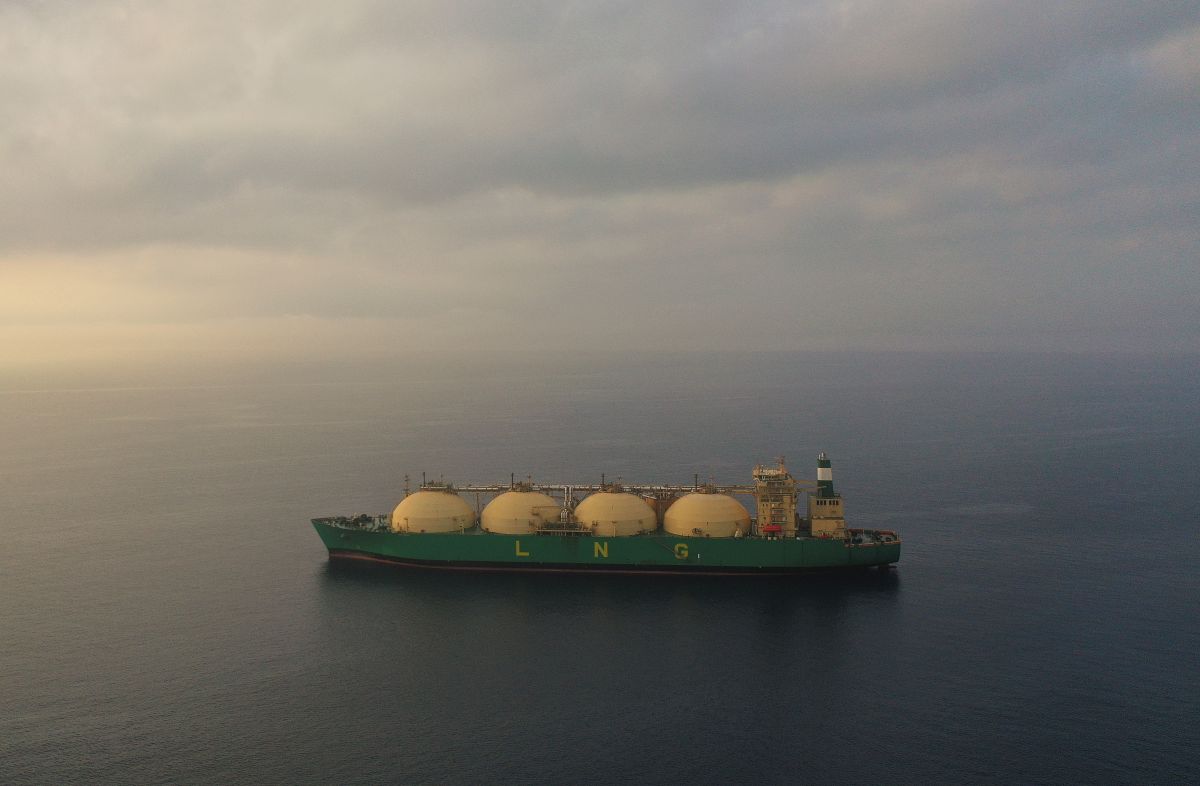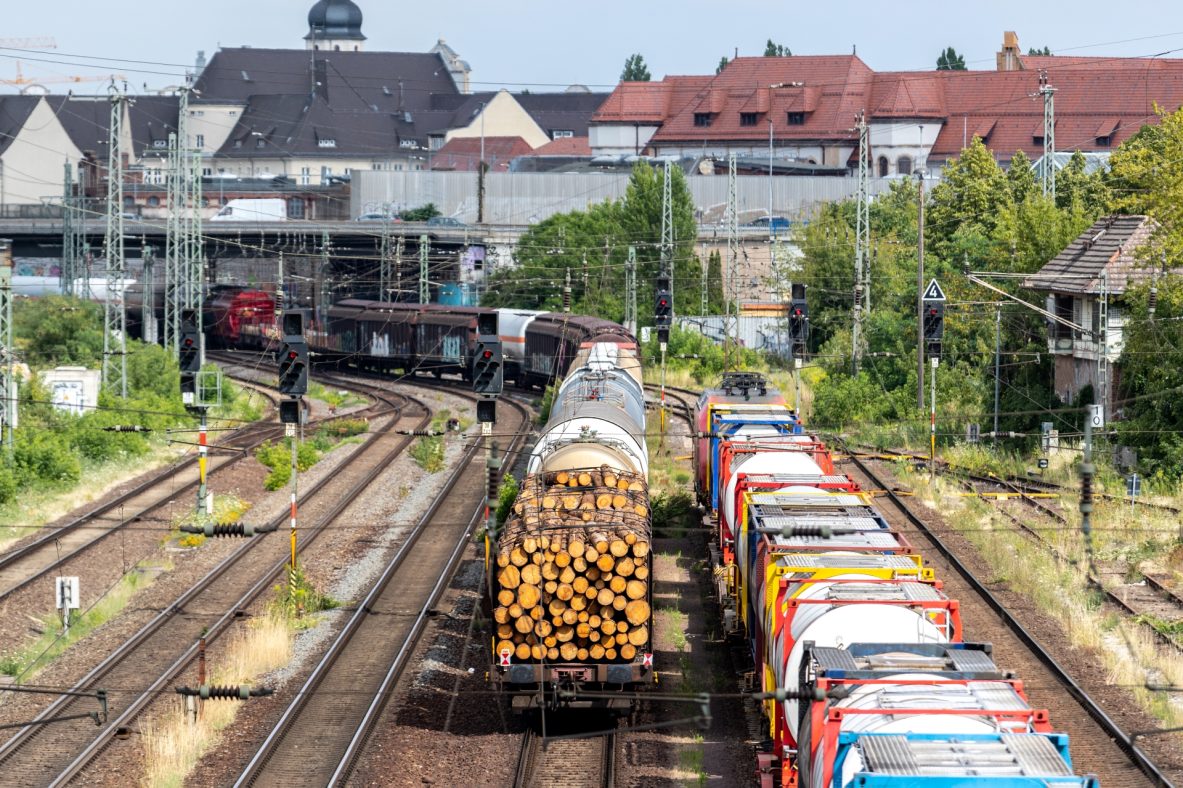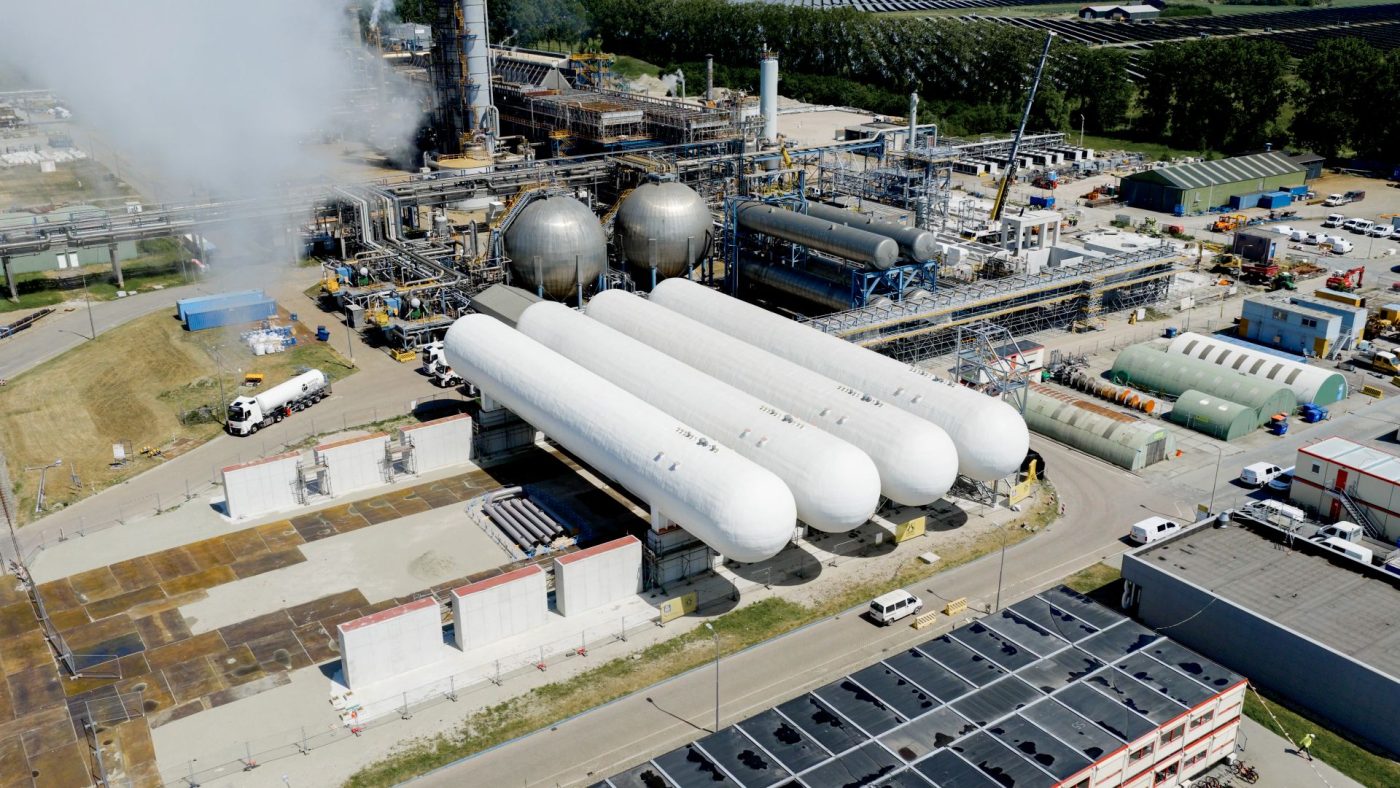Europe cannot regain global competitiveness without a strong industry
The 2020s, so far, have been a decade of awakening in Europe. A real debate has emerged about the energy strategy and the protection of European values, people, and the future. It is important to accept that we may think differently, but now we must focus on the goals we can agree on, and priorities must be calmly but quickly re-evaluated. We must accept that the path to a sustainable, prosperous and energy-independent Europe is now different from what we imagined a few years ago.

Values once considered stable and guaranteed – such as internal and external security and affordable, reliable energy supply – can no longer be taken for granted. It has also become increasingly clear that the European Union is falling behind in the global competition. Traditional European companies are notably absent from the top end of the market rankings, and the continent is lagging in innovations and investments.
The good news is that these factors are now widely recognized by industry players and have been described in the famous reports associated with Mr Draghi and Mr Letta; several EU-level documents have also identified improving competitiveness as a strategic goal. We all agree on the importance of reducing bureaucracy, addressing affordability in energy supply, and supporting innovation—summarised: Recharging the European Industry. However, the problem lies in the lack of actionable steps that would genuinely ensure European manufacturing companies are not in a disadvantageous position – practically on their own markets – compared to non-EU players. European producers face significantly higher energy and carbon costs, as well as, the expectation to invest in green projects with often unrealistic deadlines accompanied by widening regional differences across the EU and increasing fragmentation in what was originally a single market. It just doesn’t seem like an equal competition.
With the decreasing industrial sector in Europe, we have many things to lose, much more than our traditional brands, production facilities and economic added value. It is about the lack of new investments, the collapse of social welfare, and the decline in job security – the very values we have always taken proud in. A strong Europe needs strong industry; we must regain our competitiveness to ensure we have the tools, solutions and resources needed to protect our prosperity, independence, values and future.
In such a challenging environment, the absence of a coherent, actionable EU-level industrial strategy is simply not acceptable from the standpoint of a market player. There is an immediate need to agree on a set of fundamental values that would become an integral part of the long-term industrial policy. Our European Minimum for Competitiveness would rely on the following considerations: (1) The basic target of any economic policy shall be economic growth driven by the solid financial performance of the corporate sector. (2) A detailed feasibility analysis (economic, social, technological) is needed before the implementation of any top-down regulatory measure. (3) The daily security of supply of energy, commodities and key materials must be treated as a top priority. (4) Energy costs, bureaucracy, and taxes must be reduced. (5) Complex ecosystems and value chains should be the focus of the regulator instead of supporting only particular areas. (6) We need our own strong and independent refining and chemical infrastructure. (7) We need to protect European producers. (8) We need more allies: international climate policy measures must be integrated into EU policy to a much greater extent. (9) We need realistic and flexible targets based on business cases and regional specificities.
Each country has a different historical heritage, our societies are in different financial situations, and our geographical conditions also differ. We must treat each other with understanding and solidarity, because despite all our conflicts, we can only truly count on each other. Europe must solve its problems on its own; our competitors will not pull us along or help us. For them, Europe is a market; for us, it is our home. We are committed to strengthening Europe, its sustainability, and its prosperity. Our long-term strategy is based on a smart energy transition that strengthens industrial competitiveness and security of supply. Our refineries and chemical plants form the largest critical chemical cluster in Central and Eastern Europe. We are gradually modernizing our traditional industrial activities to support European goals. We strive to improve our capabilities in producing green energy and sustainable products. We have unique potential in transforming waste into valuable raw materials. And we are always ready to cooperate. But to make any cooperation effective, we all need to remain realistic.
In the past we have tried several times to recharge the European industry, but with the wrong ’voltage’. The ’battery’ – our industry, our infrastructure – is still working, but we need the right charger: smarter policy, faster decisions, and targeted, effective support.
It has never been so important for European dialogue to be guided by common interests, common sense, and long-term thinking. I am confident that European industry players – and MOL Group in particular – are ready to work in partnership with political decision-makers to strengthen Europe. The time has come to recharge the European industry in the interests of our common goals – so let’s do it, and let’s do it fast.
Written by Dr. György Bacsa, Chief Strategic Officer of the MOL Group.

